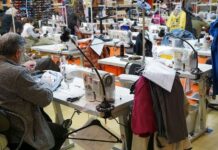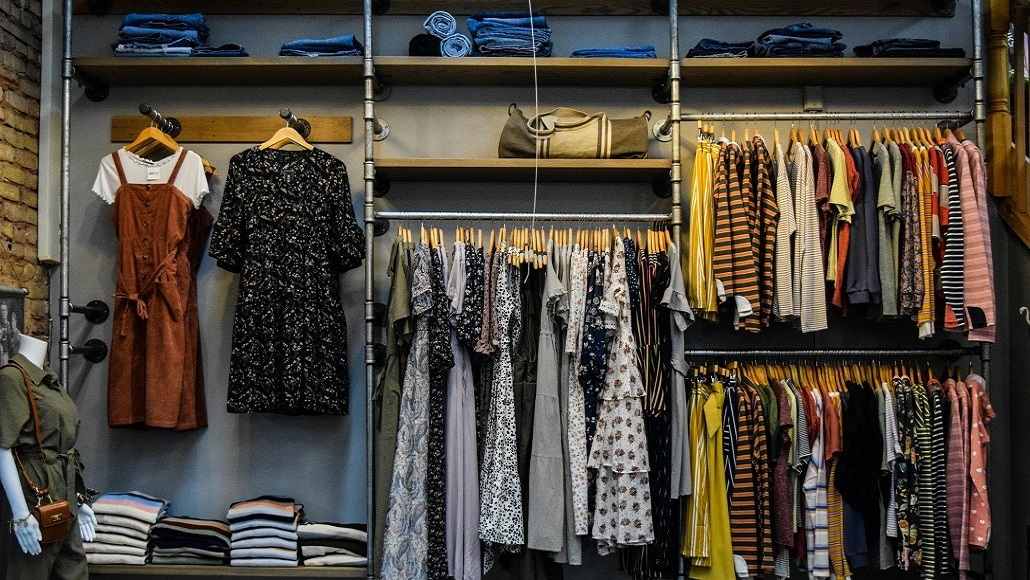In light of the Trump administration’s trade policies and tariffs, U.S. fashion companies are reevaluating their global sourcing strategies and operational practices, according to new research conducted by Sheng Lu, a professor and graduate director in the Department of Fashion and Apparel Studies at the University of Delaware.
Lu collaborated with the United States Fashion Industry Association (USFIA) to conduct an annual survey targeting executives from the top 25 U.S. fashion brands, retailers, importers, and wholesalers engaged in international business. Notable participants include prominent names such as Levi’s, Macy’s, Ralph Lauren, and Under Armour.
The findings of the report delve into various business challenges, sourcing methods, and perceptions regarding trade policy. A significant takeaway is that tariffs and protectionist measures rank as the leading challenges for these companies, with nearly 50% reporting a decline in sales and over 20% indicating they have had to reduce their workforce. Additionally, uncertainty related to inflation, rising sourcing and production costs, and shifts in trade policies from other nations were closely cited as concerns.
In reaction to these challenges, more than 80% of surveyed companies expressed intentions to diversify their sourcing countries, with an increased focus on suppliers in Asian nations such as Vietnam, Bangladesh, Cambodia, and Indonesia. Despite the push for garments labeled ‘Made in USA,’ only 17% of respondents plan to ramp up sourcing within the United States.
“We wear more than just clothes; we wear the global economy, the supply chain, and the public policies that jointly make fashion and affordable clothing available to American families,” Lu remarked. “We want to know where these companies source their products and what factors matter to them the most. It’s a classic question, and it evolves each year.”
The survey also highlights sustainability as a potential avenue for new opportunities in the U.S. fashion sector. Respondents indicated that when sourcing apparel made from sustainable fibers—such as recycled, organic, biodegradable, and regenerative materials—they are more inclined to depend on U.S.-based suppliers or those located in the Western Hemisphere.
Lu further elaborated, “The study is also a powerful reminder that fashion is far more than just creating stylish clothing. Today’s fashion industry is deeply intertwined with sustainability, international relations, trade policy, and technology. I hope the findings will be timely, informative, and useful to fashion companies, policymakers, suppliers, and fellow researchers. I plan to incorporate the insights, as well as the valuable industry connections developed through my long-term partnership with USFIA, in my classroom, giving UD students fresh, real-world perspectives on the often ‘unfashionable’ but essential side of the industry.”

































